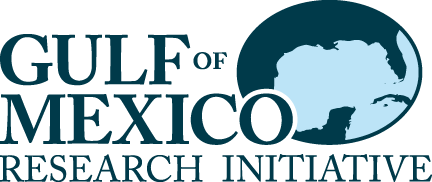Summary:
The deep sea ecosystems of the Gulf of Mexico are likely to be negatively impacted by the Deepwater Horizon Spill due to the volume of oil released and the unprecedented use of dispersants at the surface and deep underwater. Because of the difficulty in accessing these ecosystems, assessing the impacts of the spill is difficult. However, by assessing the physiology, community structure, and trophic dynamics of a group of sentinel species it will be possible to establish ecosystem baselines and assess exposure to oil and its impacts. We propose to use long-lived upper trophic level predators (sharks) and benthic scavengers (crabs, giant isopods) as indicator species of ecosystem effects of the spill. We will use samples previously collected by the PIs within the Gulf of Mexico and sampling at two locations offshore of Florida’s coast that differ in their current, and likely future, exposure to oil to assess impacts of the spill.
During four research cruises (two per site, one immediately, one 12 months later), we will sample small (e.g. lantern sharks, Etmopterus) and large (e.g. Centrophorus, Somniosus) deep-water elasmobranchs and benthic scavengers using a variety of techniques from depths of 750m-3000m. We also will collaborate with Mote Marine Laboratory in their sampling of pelagic shark communities. We will assess:
- Exposure of deep sea sharks and scavengers to oil and dispersants,
- Abundance, population and community structure of sharks, and
- Trophic structure of the ecosystem.
The PIs have considerable experience in all aspects of the study and this proposal brings together faculty and students from three FIO member institutions and a staff scientist from NOAA and Mote Marine Laboratory. In addition to the important research results, this proposal will fund the training and projects of three graduate students and research experiences for other graduate and undergraduate students.
